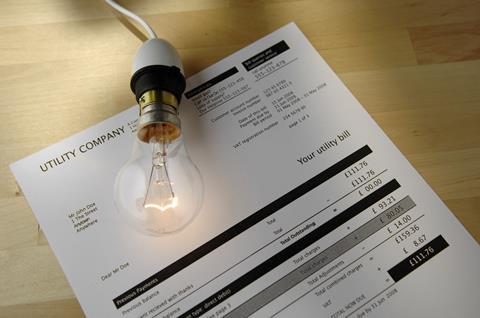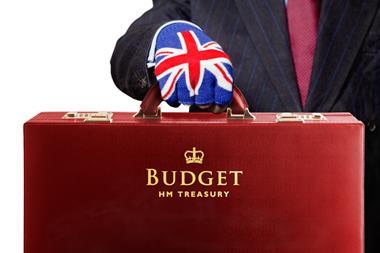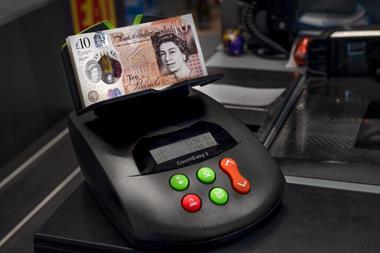
With energy costs on the rise and more increases tipped for later this year, we look at how retailers can switch providers if they can get a better deal. Citizens Advice has published a guide on what retailers need to know.
You need to find out:
- when your contract ends and how much notice you need to give
- how much you’re paying per unit of gas and electricity - units of energy are measured in kWh (kilowatt hours)
- how much energy you use - check your bills to find out your annual usage
Check if you can switch
You’ll normally be able to switch to a new business energy supplier if:
- you’re not tied in to your contract - it’s important to check when your contract ends and how much notice you’ll need to give if you want to switch
- you’re on a ‘default’ or ‘deemed’ tariff - this is a tariff you didn’t choose to be on, for example if you’ve taken over a new premises or your old deal has expired
Always ask suppliers to send you a written contract so you can check the terms and conditions before you agree to anything.
Business energy contracts are ‘binding’ if you agree to them over the phone - this means you don’t need to sign anything to be tied in to the contract.
It’s worth calling your supplier to ask if they can offer you a better deal. They have to tell you if you can move to a cheaper tariff - but you might have to sign a new contract.
Make sure you understand all the rules about any new tariffs they offer you. You’ll usually have to agree to sign up for a fixed period of time - most business energy contracts last between 1 to 3 years.
You should check:
- how long the new contract is for
- how much you’ll pay per unit of energy and if the price can change
- how much notice you’ll need to give if you want to end the new contract
Check if you can pay less with a new supplier
It’s best to compare as many different suppliers’ contracts as possible.
You’ll normally need to speak to suppliers to compare prices and contracts. If you don’t have much time to do this yourself you could use a price comparison website or an energy broker to find you the best deal.
You’ll need to give information about what your business does and how much energy you use.
It’s worth trying to negotiate with suppliers and brokers - mention other deals you’ve been offered and ask if they can beat them.
Contacting suppliers directly
It’s best to call them to find out what prices and contracts they can offer you. You can find their contact details on their websites.
Tell them you’re interested in switching and ask what prices and contracts they can offer you. If you’ve been offered a cheaper price by another supplier it’s worth saying - you might be able to get a better deal.
Ask them to send you the full terms and conditions of any contract they can offer you.
Using an energy broker
An energy broker is someone who negotiates business energy contracts with suppliers.
You’ll normally have to pay a broker. Before you ask them to find you a deal, check how they’ll charge you. You might have to pay a one-off fee when you sign up, or pay as part of the cost of your energy while you’re in the contract.
If you think a broker has misled you or added on fees you didn’t know about you can complain - you might be able to cancel your contract or get your money back.
Comparing contracts
When you’re comparing the contracts you’ve been offered, make sure you check:
- how much you’ll pay per unit of energy and if the price can change
- if there are any extra costs - for example, maintenance charges
- how long the contract will last for - and if you’ll have to pay a fee to cancel it before it ends
- how much notice you’ll need to give to end the contract
- if there’s a ‘cooling off’ period where you can cancel or switch if you’re not happy - most business energy suppliers don’t offer one but it’s worth checking
- If you’ve used a broker to find you a deal make sure you consider their fees when deciding whether to sign up to a contract.
Switching
If you’ve decided to switch you should tell the company that already supplies your energy as soon as possible.
Make sure you give as much notice as you need to - if you don’t you might have to pay a fee to switch.
Tell them when you want them to stop supplying and the new supplier to take over.
After you’ve done this, agree to your contract with the new supplier and confirm when they’ll take over supplying you with energy.
Take accurate meter readings on the day you switch and send them to both companies so you pay the right amount.



























No comments yet